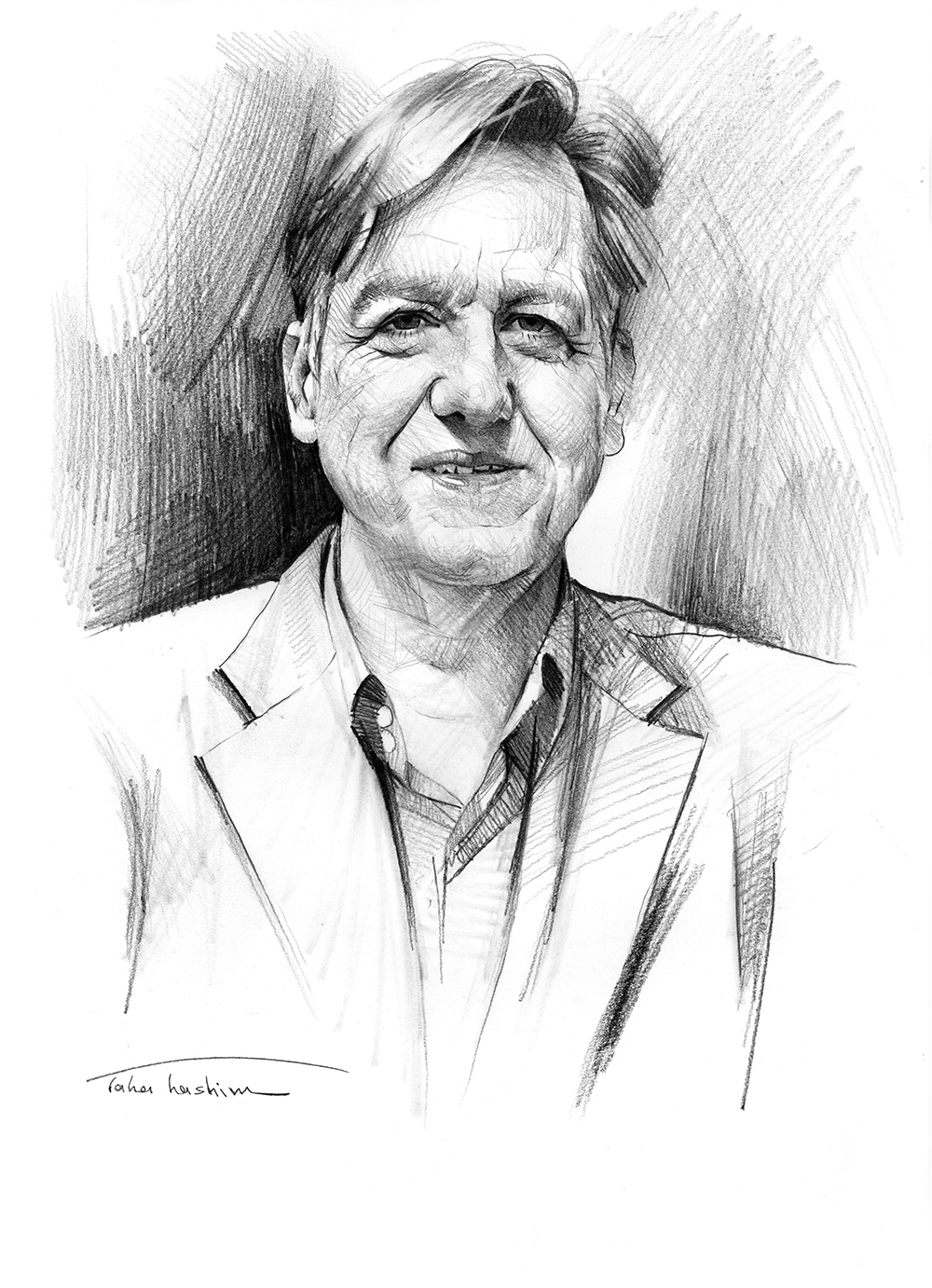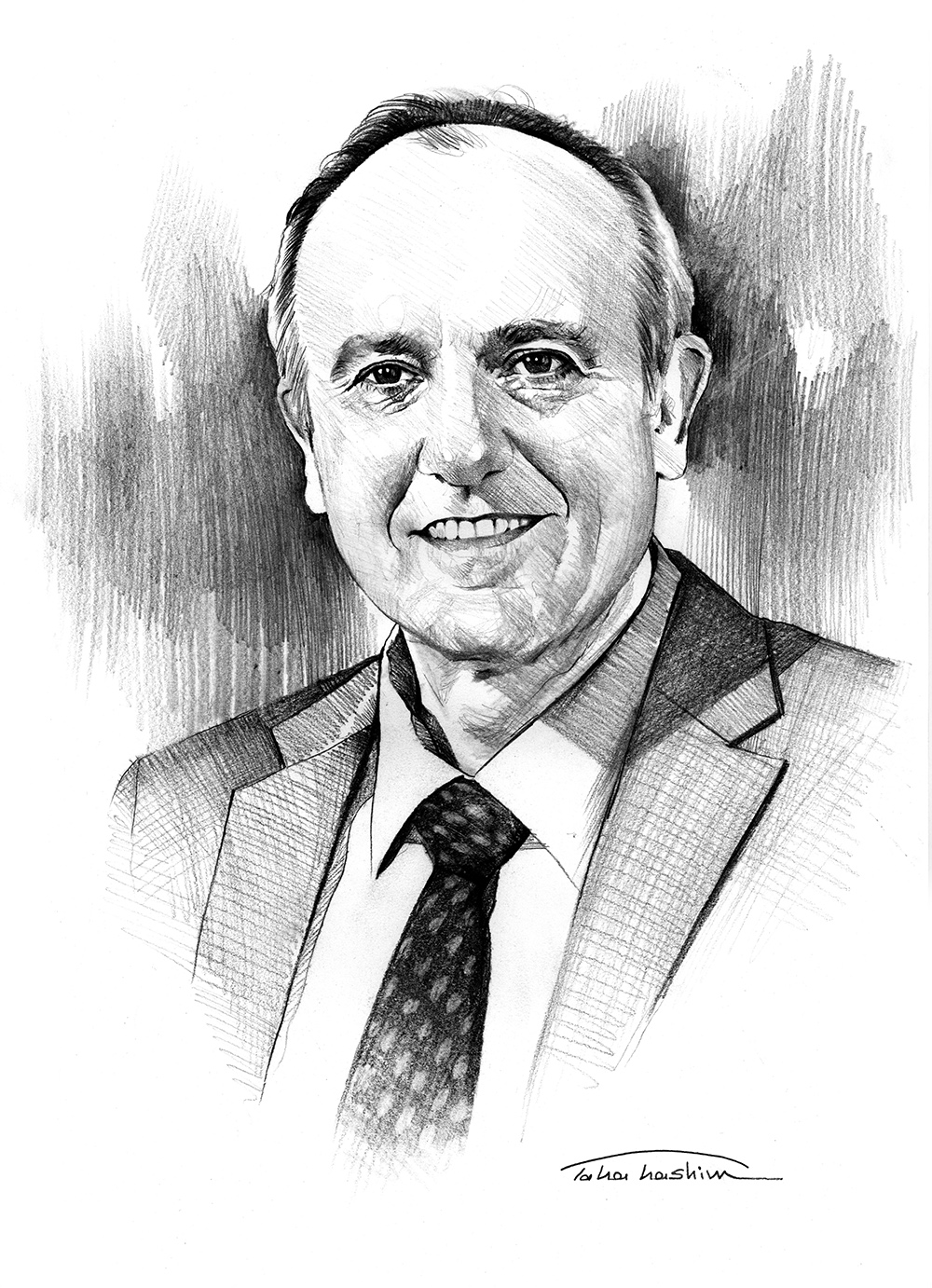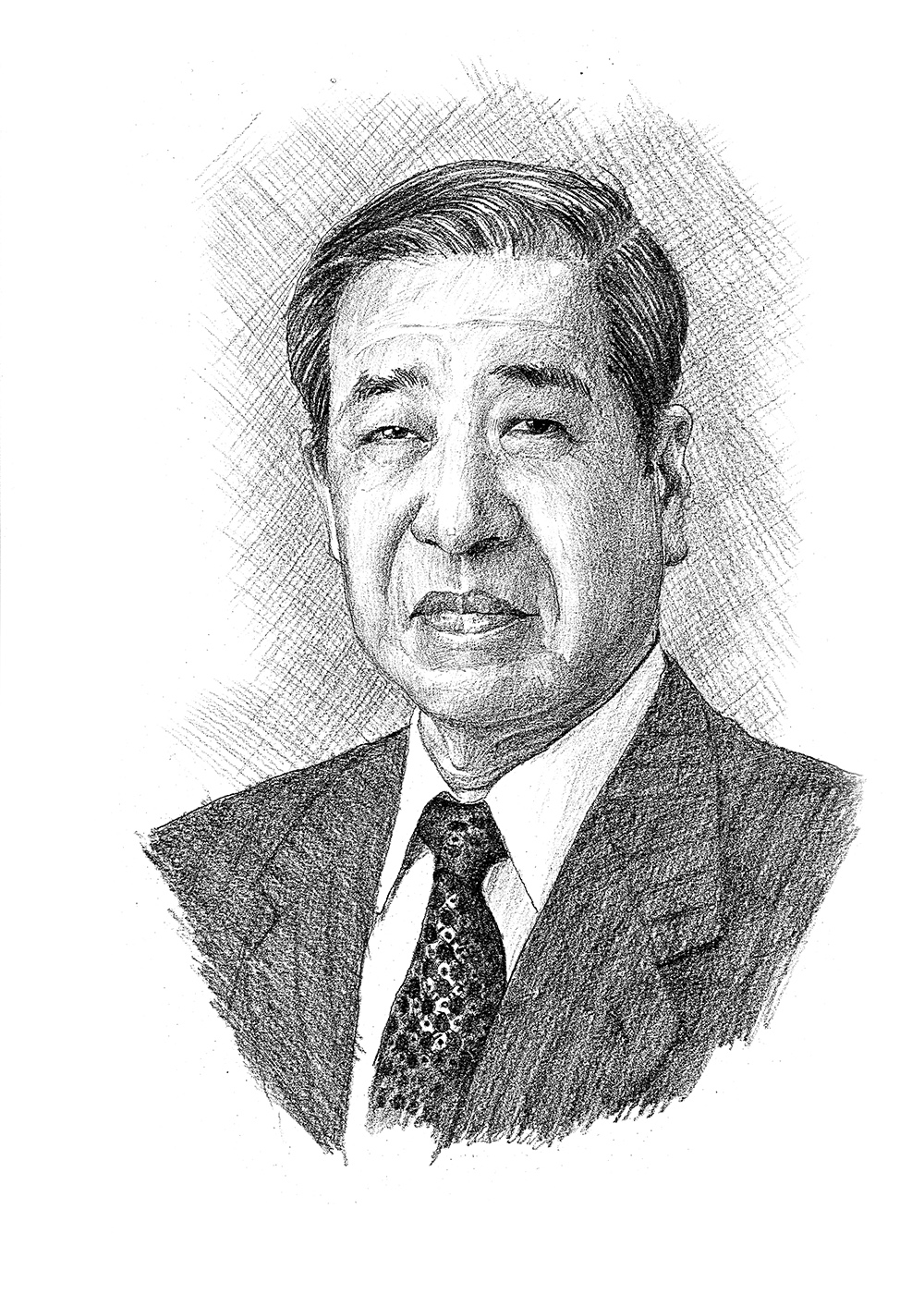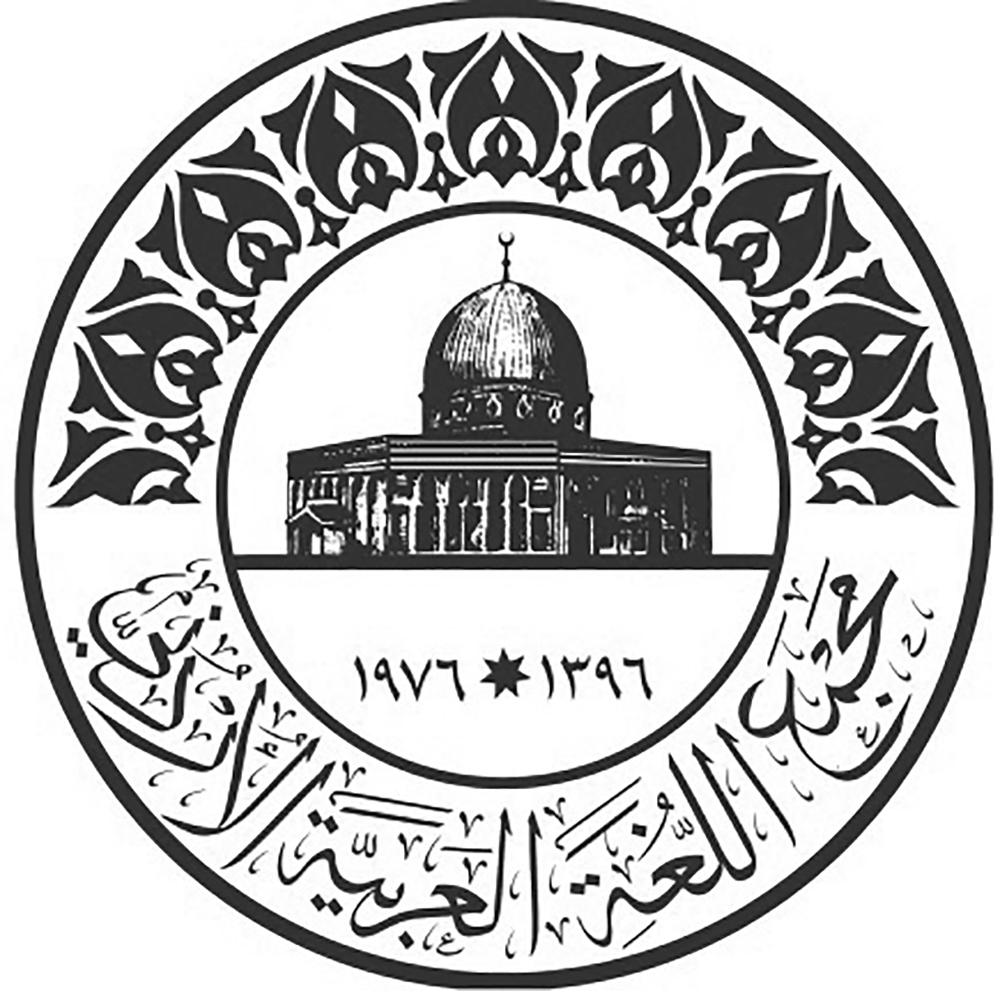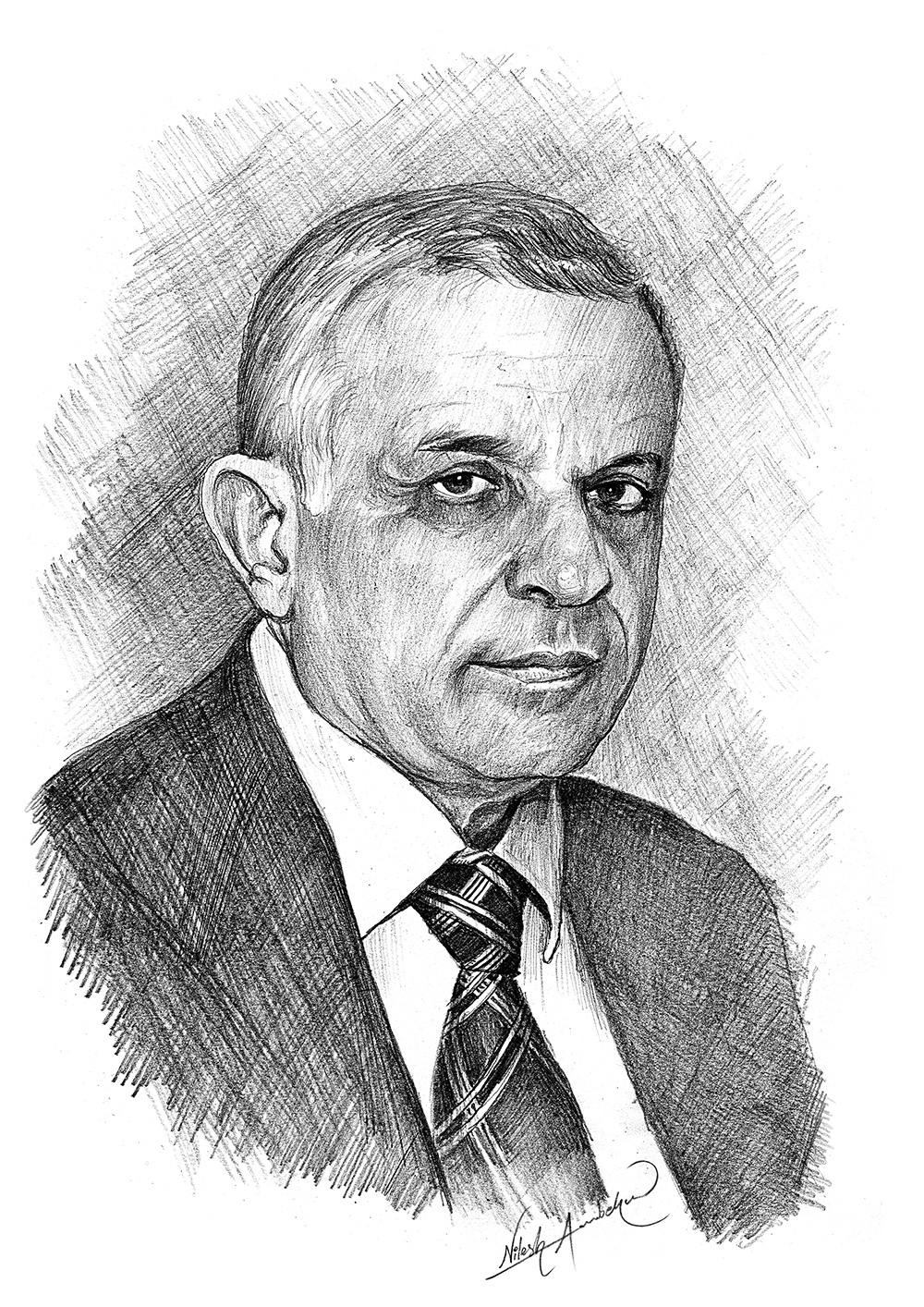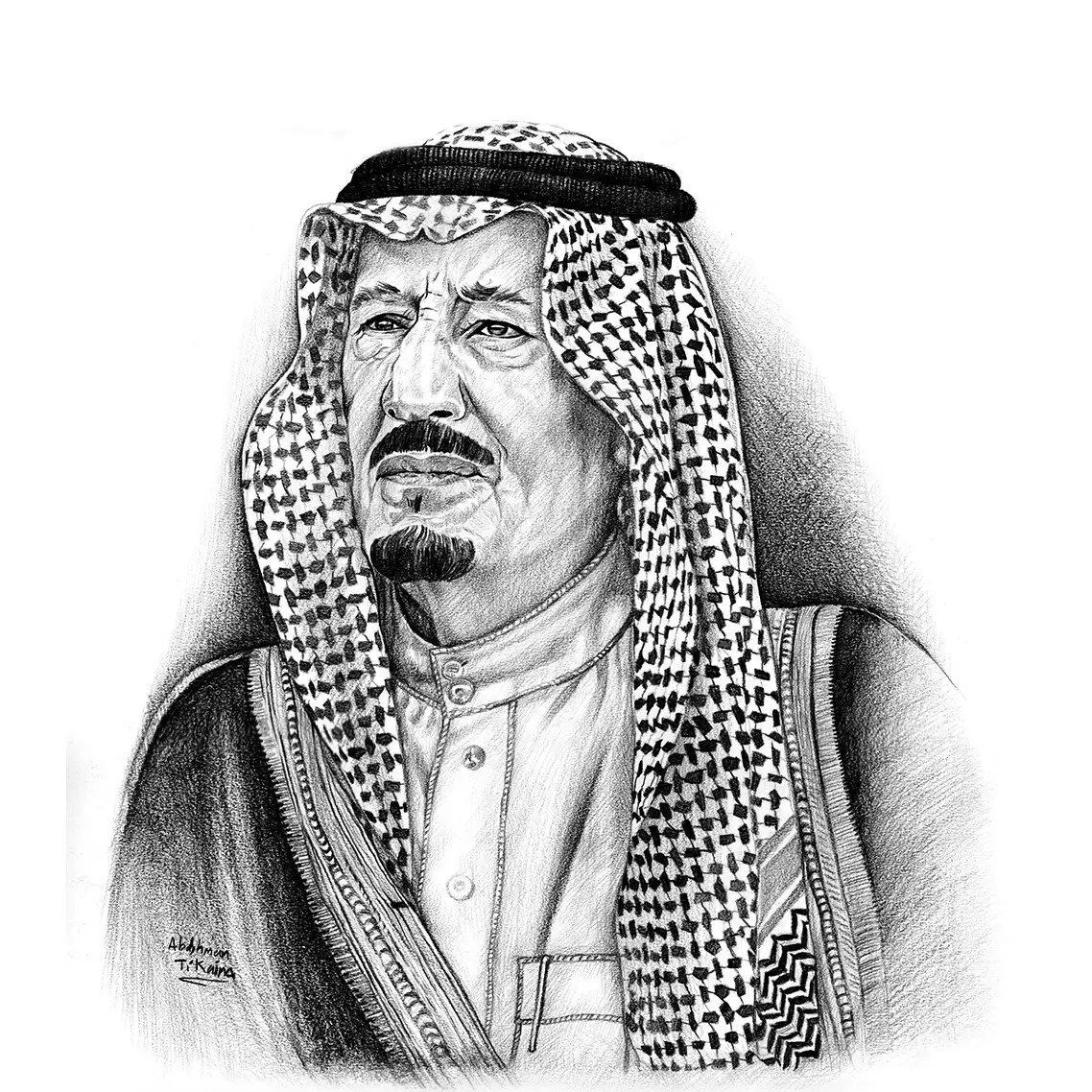Laurens Molenkamp studied Physical Chemistry in Groningen University (1974-1980) from which he also obtained his Ph.D. in 1985. Throughout the next 10 years, he became involved in industrial research at the Philips Research Laboratories in Eindhoven, the Netherlands. In 1994, he took up the post of Associate Professor at RWTH, Aachen University in Aachen, Germany, and in 1999, he became the Chair of Experimental Physics and Head of the Molecular Beam Epitaxy (MBE) Unit at the Physics Institute in the University of Würzburg, Germany.
Professor Molenkamp’s research focuses on quantum transport in nanostructures, semiconductor spintronics and optical spectroscopy of semiconductors. He is famous for discovering the quantum spin Hall effect, which in turn opened up a whole new field of topological insulators. He has also developed novel methods for creating and manipulating spin-polarized charge carrier states in semiconductors, which have the potential to develop magnetic storage devices.
He has published around 375 papers in major international journals and has been a Thomson-Reuter Citation Laureate in 2014. He has delivered many invited lectures and several named colloquia. He served as an Editor-in-Chief of Semiconductor Science and Technology (2001-2011), Divisional Associate Editor of Physical Review Letters (001-2007), Editor of EPJ Applied Physics (2004-2015) and presently is Lead Editor of Physical Review B (2012).
Professor Molenkamp’s outstanding achievements have been recognized by several prizes and honors, including the Europhysics Prize (2010), American Physical Society Oliver E. Buckley Prize (2012), Frontier Physics Prize (2013), Gottfried Wilhelm Leibniz Prize of the German Research Foundation DFG (2014) and the Stern-Gerlach Medal (2017). He was an Honorary Professor at the Institute of Semiconductors of the Chinese Academy of Sciences, Fellow of the Institute of Physics and the American Physics Society and Foreign Member of the Royal Netherlands Academy of Arts and Sciences.
This biography was written in the year the prize was awarded.

